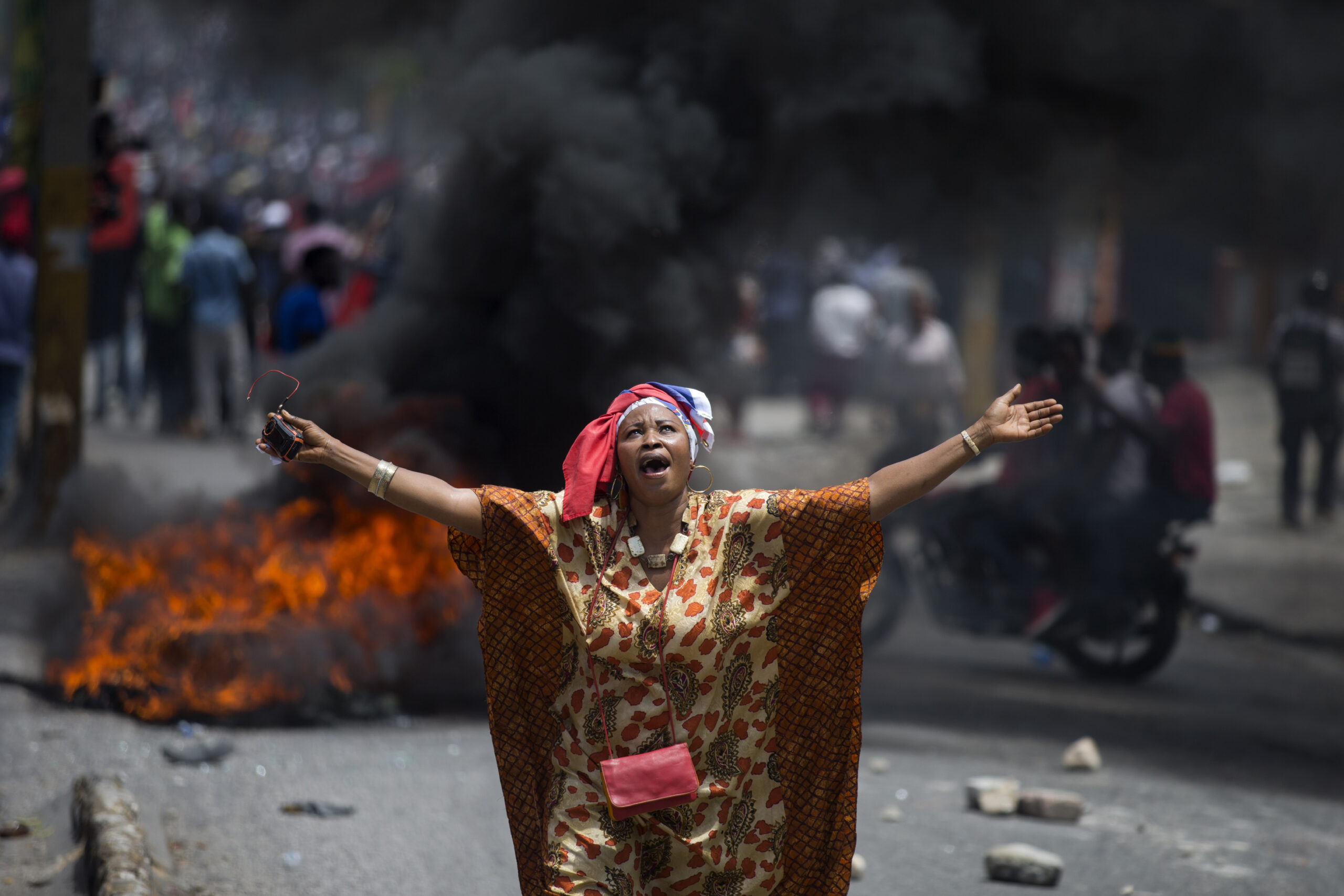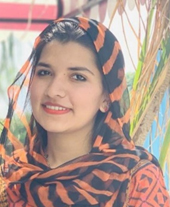Introduction
Haiti, a Caribbean country, is gripped by chronic violence and political instability. The situation has failed to improve during the previous months. Haitians have been dealing with an increase in gang attacks and kidnappings, fuel and electricity shortages, a worsening political deadlock and a lethal cholera outbreak. The political crisis has worsened in the country as Senate terms expired officially which left the country without any democratic institution. The Senate was the last democratically elected institution in Haiti, but due to the country’s failure to organize legislative elections in 2019 to fill vacant seats, its membership has been reduced to just 10 people. Since then, these ten senators were representing a nation of about twelve million people.

Background
The country has been suffering electoral and constitutional upheaval ever since President Jovenel Moise was assassinated in 2021. Haiti has not hosted free and fair elections since the 2019 elections and the country has been in instability ever since the 2010 earthquake that have killed up to 300,000 people. In case of political crisis in the country, international intervention in the country has also remained a reality. Currently, the famine is at its worst ever level, 4.7 million people are currently being hungry and facing extreme food crisis in Haiti. The situation is not getting in control after former President of Haiti, Jovenel Moise’s death in July 2021 and a subsequent earthquake. Moise was replaced by Ariel Henry, as an acting president who was viewed as illegitimate for the Government, therefore, he had to suffer legitimacy crisis.
Gang Violence in Haiti
Gang violence is something which is not new in the country but it has increased to new levels after the Moise’s death which increased the political instability and has created a power vacuum in the country. The G9 gang coalition by using different tactics blockaded the main port and fuel terminal when Henry announced a cut in fuel subsidies in September 2022, escalating the crisis and doubling the prices. The blockade caused six weeks of shortage of water and energy across Port-au-Prince, capital of Haiti, including in hospitals trying to treat cholera patients. Each problem aggravated the others, and a United Nations representative warned that Haiti was in danger of a “cholera time bomb” because of the violence and unrest that had cut off entire neighborhood. In order to fill the void left by the lack of a functioning Government, gangs have controlled the situation. Over 100 gangs control various areas of the country, they are in conflict with each other. This has resulted in a terrible war that has killed several civilians and caused numerous kidnappings in the capital of Haiti.

Latest Development
The Canadian Foreign Ministry said, “Canadian military aircraft made the delivery to the Haitian National Police in the capital of Port-au-Prince. Also, Canada has delivered armored vehicles to Haiti to help combat criminal gangs as the Caribbean nation faces a humanitarian crisis.” Apart from this, Canada has also imposed sanctions on Haitian elites. Additionally, at the North American Leaders Summit (NALS) in Mexico City, Canadian Prime Minister Justin Trudeau and President Joe Biden discussed the ongoing unrest in Haiti. The Prime Minister of Canada, Justin Trudeau said that “We are all very aware that things could get worse in Haiti and that is why Canada and partners, including the United States, are preparing various scenarios if it does start to get worse.” He emphasized that Canada will continue to offer assistance but the Haitian situation must be resolved domestically.
The White House said in a statement “The two leaders are committed to continue coordination with partners on the U.N. Security Council on next steps to support stability to Haiti, including support to the Haitian National Police.” The two leaders discussed the security and humanitarian crisis in the Caribbean nation and highlighted recent coordinated efforts to aid Haitian people, such as the delivery of armored vehicles that the Haitian government had purchased to help the police fight off gangs and the imposition of sanctions to hold those accountable who provoke violence.
The humanitarian situation in Haiti is getting worse at an unprecedented level that is why it requires immediate attention. Gangs have had a significant impact on Haitians’ access to basic necessities and impacted their quality of life. A growing number of Haitians have left the country over the past years in search of safe environment in other parts of Latin America and the United States. To conclude, international organizations and other countries need to step up and consider options that can help Haiti and its people in overcoming challenges and crises.

Research Associate, Pakistan House



